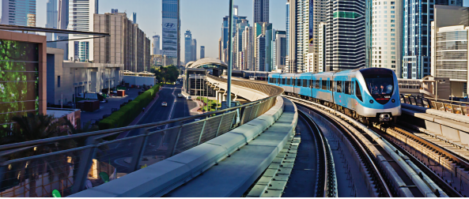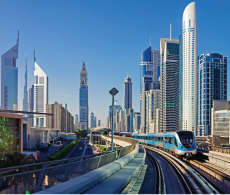September 16, 2015
Updated environmental standard improves link to business strategy 0
 The revised version of one of the world’s most popular environmental standards aims to improve the link between business strategy and environmental issues and encourage a stronger focus on life-cycle thinking. the updated ISO 14001:2015 has responded to a number of current trends, such as an increasing recognition by companies of the need to factor in both external and internal elements that influence their impact, including climate volatility. Other key improvements in the new version include a greater commitment from leadership; an increased alignment with strategic direction; greater protection for the environment, with a focus on proactive initiatives; more effective communication, driven through a communications strategy and an increased emphasis on life-cycle thinking, considering each stage of a product or service, from development to end-of-life.
The revised version of one of the world’s most popular environmental standards aims to improve the link between business strategy and environmental issues and encourage a stronger focus on life-cycle thinking. the updated ISO 14001:2015 has responded to a number of current trends, such as an increasing recognition by companies of the need to factor in both external and internal elements that influence their impact, including climate volatility. Other key improvements in the new version include a greater commitment from leadership; an increased alignment with strategic direction; greater protection for the environment, with a focus on proactive initiatives; more effective communication, driven through a communications strategy and an increased emphasis on life-cycle thinking, considering each stage of a product or service, from development to end-of-life.










 Newly published research
Newly published research


























July 1, 2015
Three ways in which the business case for green building design is moving on
by Dan Callegari • Architecture, Comment, Environment, Facilities management, Workplace design
More →